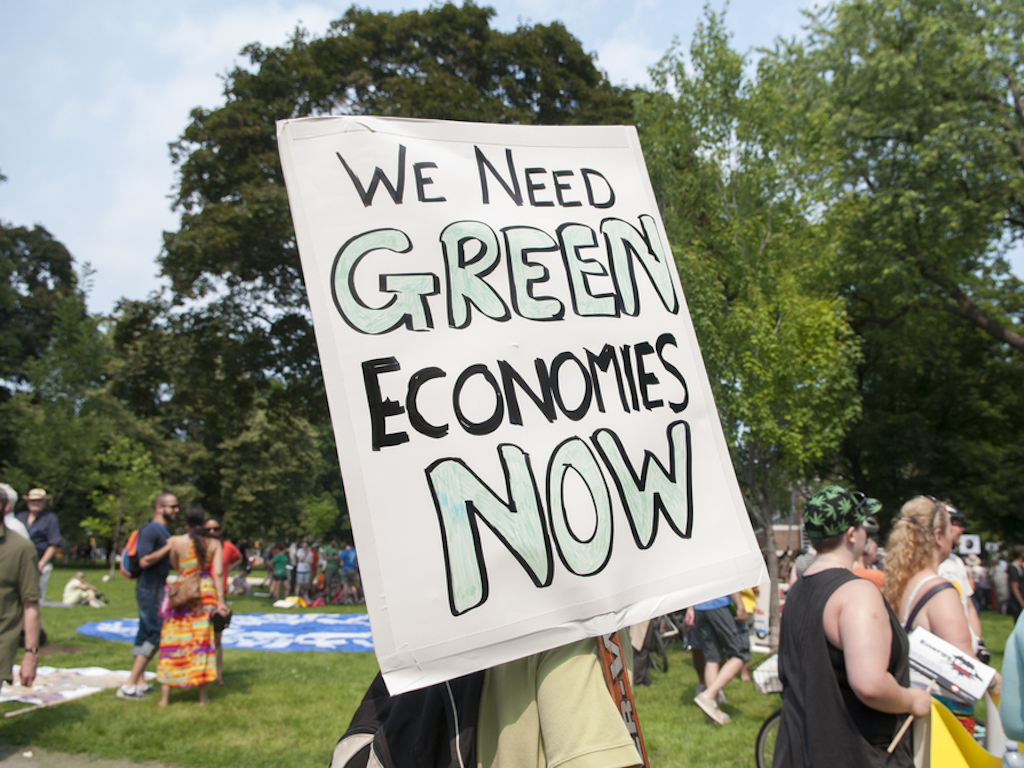3 Mins Read
Led by the Finnish Innovation Fund Sitra, an independent foundation operated under the supervision of the Finnish parliament, Finland, Canada and the Netherlands will be co-hosting events to promote circularity in coronavirus economic recovery strategies. The events will be held under the World Circular Economy Forum (WCEF), and will be aimed at showing how the circular economy can help the world thrive in the long-term against future crises, from climate to public health.
So far, three WCEF events have been announced. The first is to be held online from September 29 to 30, while the second is planned for April 15 next year in the Netherlands, which will also be livestreamed. The final event is planned for September 13 to 15 next year and will be held in Toronto, Canada.
“The three events will address the choice we face at this critical juncture,” said the organisers in a press release.
“We can find our way back to growth by kicking ‘business as usual’ into overdrive – or we can capitalise on a shift that has already started, the shift towards the circular economy that helps us to thrive in the long-term.”
Practical circular economy examples for policymakers and business leaders will be discussed over the course of the upcoming virtual WCEF event in September this year, which will be laid out in 6 separate online sessions. Key questions covered include how circularity helps bolster the resilience of businesses, why sustainable finance is crucial, and what governments can do to help scale-up the circular economy.
“To ensure a sustainable recovery, we need to take decisive measures that encourage the transition to a carbon-neutral circular economy that prospers in harmony with nature,” said Jryki Katainen, the president of the Finnish Innovation Fund Sitra.
Some of the highlighted keynote speakers include Inger Andersen, the executive director of the United Nations Environment Programme (UNEP) and the vice president of the European Commission Frans Timmermans.
Current evidence not only backs the public health and environmental case for a circular economy, but a business case too. According to research from global consultancy Accenture, the circular economy could generate US$4.5 trillion of additional economic output by 2030.
The business case has clearly been recognised by the world’s leading multinationals, 155 of whom, including Unilever, H&M and Adobe, have signed a joint statement to urge governments to align their recovery efforts with climate science and called for net-zero emissions to be at the heart of all coronavirus rebuilding packages.
The projected economic value of circular economies adds to the existing list of benefits of such a system, which would help reduce our current rate of unsustainable linear resource consumption that is driving the climate crisis, as well as ecological degradation that fuels the emergence of deadly disease outbreaks.
A recent warning from the leading biodiversity experts said that the world must put an end to the destruction of nature if we are to have a chance at avoiding deadlier and more frequent pandemics and climate-related disasters.
Some governments have already begun to prioritise circular rebuilding strategies. Amsterdam, for instance, has ditched traditional financial metrics for a new “doughnut” economic model, a system developed by British economist Kate Raworth that ensures environmental sustainability while keeping poverty at bay.
Mayors from cities all over the world have also pledged to place equality and climate resilience at the forefront of its recovery plan in a joint “statement of principles” under the global collaborative city network C40.
Most recently, the Indonesian government announced that it is now working on a US$1 billion plan to install solar panels across thousands of rooftops in an effort to begin greening the country’s energy supply.
Lead image courtesy of Shutterstock.




